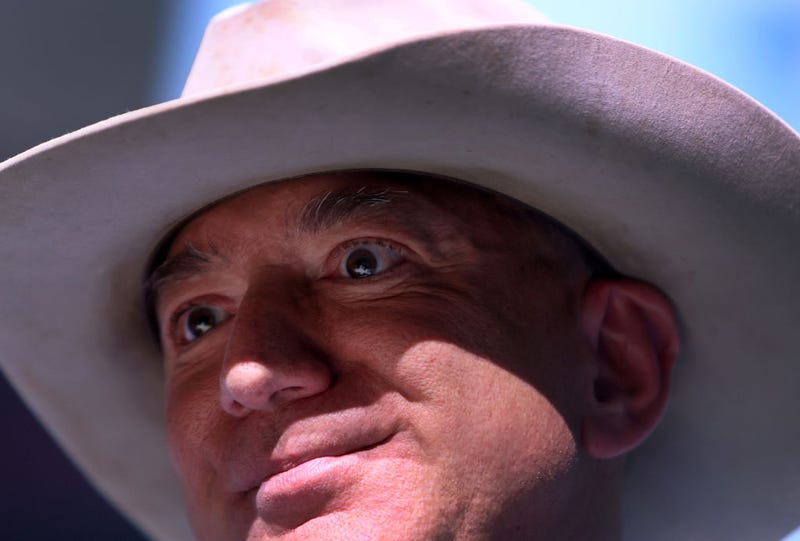
America’s wealthiest 1 percent fail to pay approximately 163 billion in owed taxes annually, according to a U.S. Treasury Department report.
“Today, the ‘tax gap’—the difference between taxes that are owed and collected—totals around $600 billion annually and will mean approximately $7 trillion of lost tax revenue over the next decade,” said the report by Natasha Sarin, deputy assistant secretary for economic policy. “The sheer magnitude of lost revenue is striking: it is equal to 3 percent of GDP, or all the income taxes paid by the lowest earning 90 percent of taxpayers.”
Her report combined academic research on how the tax gap has historically been distributed across the income scale with 2019 tax data, according to the New York Times.
Sarin explained that the tax gap can be a major source of inequity in the U.S. She said that while regular wage and salary earners report virtually all the income they earn, wealthy taxpayers are often able to avoid a large share of what they owe.
For example, ProPublica reported in June that Amazon founder Jeff Bezos – as of Thursday, the richest man in the world – didn’t pay any federal income taxes in 2007 and 2011 even though he was a multibillionaire. Tesla founder Elon Musk, the second richest man in the world, did the same in 2018.
In order to enforce tax laws against high earners and large corporations, I.R.S. employees need to go through thousands of pages of sophisticated tax filings, Sarin said.
“It also needs access to information about opaque income streams — like proprietorship and partnership income — that accrue disproportionately to high earners,” she added.
President Joe Biden’s administration is currently pushing lawmakers to invest $80 billion in the Internal Revenue Service over the next decade so the agency can work on narrowing this tax gap, according to the New York Times. The investment would include more enforcement staff, a technology overhaul and implementation of new information-reporting requirements so the government could ferret out tax evasion schemes with more efficiency.
With the $80 billion investment, the Treasury Department estimates the I.R.S. will be able to generate an estimated $320 billion in additional tax collections over the next ten years. A Congressional Budget Office report released last month estimated that additional revenue at around $200 billion.
Some Republicans and business lobbyists argue that the I.R.S.
shouldn’t be trusted with more power and that the proposal would invade privacy, the New York Times said. On the other side of the aisle, Democrats hope to raise money for a proposed $3.5 trillion spending package by collecting more unpaid taxes.
“These unpaid taxes mean policymakers must choose between rising deficits, lower spending on important priorities, or further tax increase to compensate for lost revenue—which will only be borne by compliant taxpayers,” said Sarin in her report.
Biden said that people with an actual income less than $400,000 annually would not see their audit rates go up as a result of the efforts to improve tax law enforcement for the nation’s wealthiest individuals, according the New York Times.


